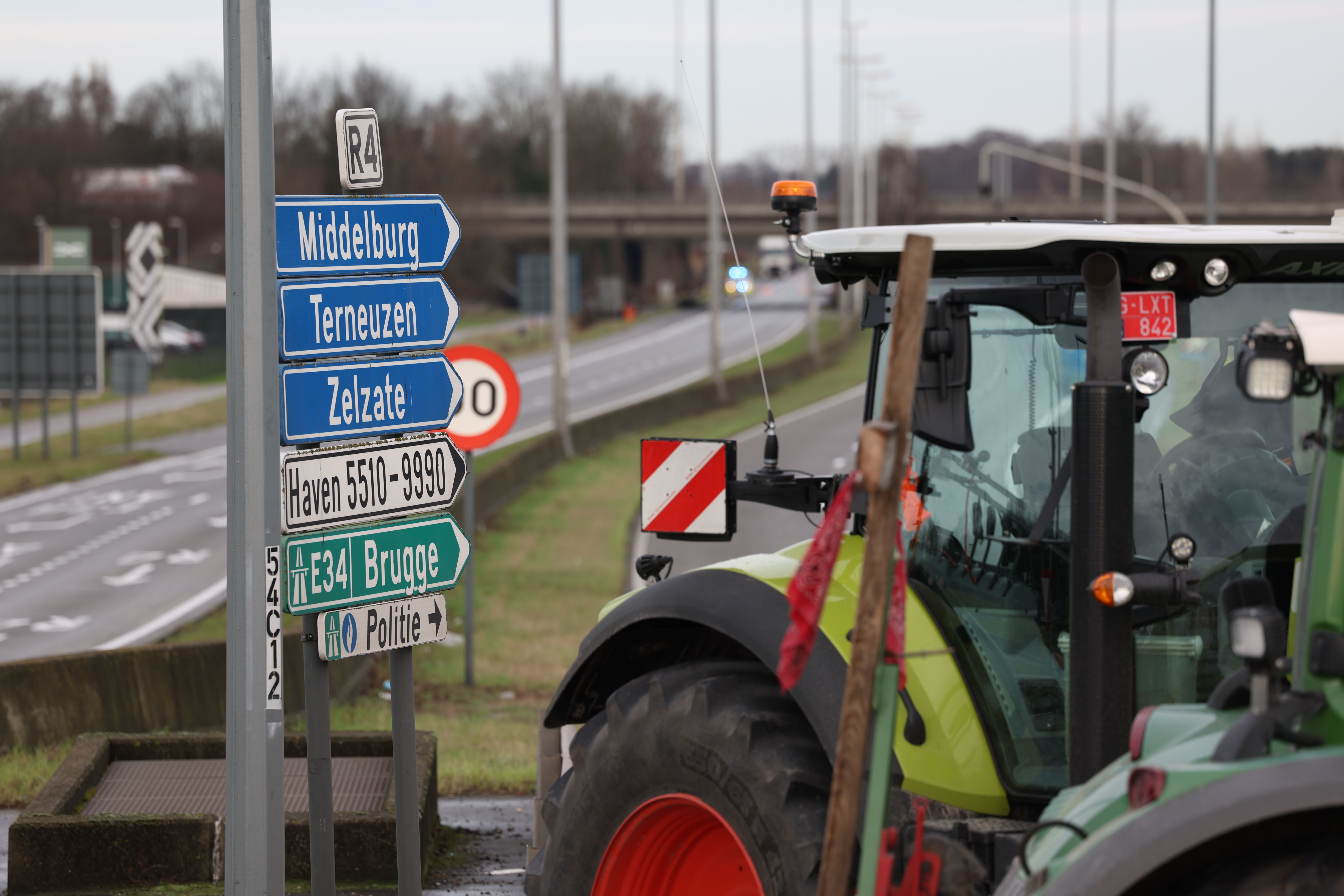Flemish government and agricultural organisations reach agreement

Following lengthy negotiations, the Flemish government and agricultural organisations reached an agreement on Thursday evening. The government will suspend the purchase of agricultural land until 1 October and set up a working group on land use. Administrative burdens will also be reduced.
After weeks of protests, the farmers appear to have won their demands. One of the main points of contention was the purchase of agricultural land for nature conservation purposes, which the Flemish government will suspend until 1 October. However, there are some exceptions, such as for projects of general interest or in flood-prone areas, as well as for land in European nature reserves.
Working group
A working group on land use in Flanders involving all relevant sectors will also be set up. According to Environment minister Zuhal Demir of Flemish nationalists N-VA, agricultural and nature conservation organisations must collaborate to develop a shared land-use vision in Flanders. A first report is expected by 1 July.
Administrative burdens will also be reduced. Measures include simplifying the declaration of manure banks, relaxing the agricultural calendar - which obliges farmers to fertilise and harvest at certain times - and reducing fines for non-compliance.
"We have done our job within our competencies"
"We have reached a good agreement. We have done our job within our competencies," said minister president Jan Jambon of N-VA. Farmers' union leader Lode Ceyssens is ready to defend the agreement among members.
Hendrik Vandamme, chair of farmers' union ABS, is cautious: "It will be enough for some, not enough for others." Nevertheless, he sees the temporary halt to farmland purchases as a positive step. "The key now is to quickly implement what is on paper," he said.
'Sham agreement'
In a press release, the opposition party Groen expressed disappointment with the agreement. Leader Jeremie Vaneeckhout and his colleagues described it as "a sham agreement that offers no prospects for farmers but puts our nature on the chopping block".
Now that an agreement has been reached, Jambon is calling on the farmers to end their protests. The last of the protests in the port of Ghent have ended, the North Sea Port authorities report. The Zelzate bridge has also been cleared. A dozen tractors had been parked there, preventing the drawbridge from being raised and blocking seagoing vessels.
However, protests continue in Wallonia. On Friday morning, a convoy of about 20 tractors blocked the E40 motorway near Welkenraedt, where farmers had set up a roadblock towards Brussels.
Further actions could take place near the German border. Farmers are demanding better wages and an end to free trade agreements. Similar protests are taking place in several other European countries.
#FlandersNewsService | © BELGA PHOTO KURT DESPLENTER
Related news
